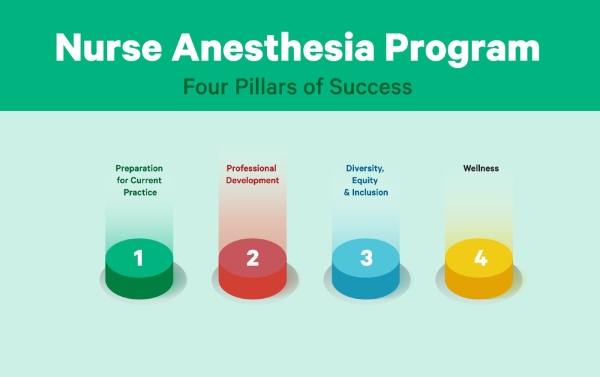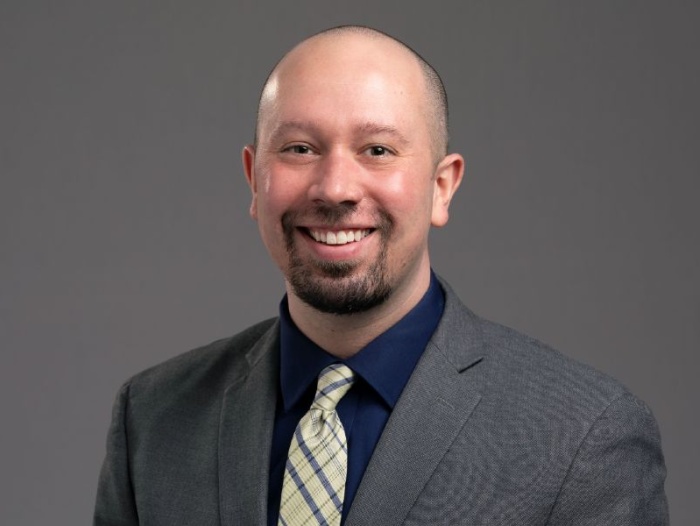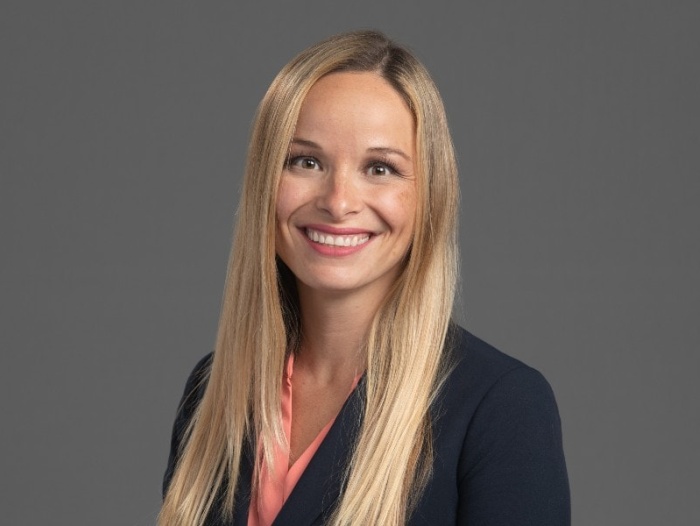Our Nurse Anesthesia Doctor of Nursing Practice (DNP) Program prepares students with a strong ICU background to thrive as nurse anesthetists in a variety of settings.
This is a comprehensive Certified Registered Nurse Anesthetist (CRNA) Program. It blends a strong academic curriculum with extensive clinical practice experiences and impactful scholarly work.
The Nurse Anesthesia DNP Program is recognized for its strength and contribution to the field. Graduates of our program become leaders in nursing anesthesiology clinical practice, education and research across the country.

Our program fosters a teacher-practitioner model that provides didactic lectures and clinical training from practicing faculty. You'll learn from faculty who are active practitioners at a top-tier academic medical center, Rush University Medical Center, and across the country.
Our faculty have over 100 years of anesthesia practice experience, with two chief CRNAs.
Our goal is to graduate diverse and highly skilled nurse anesthetists into the workforce. In order to achieve this, we focus on four pillars.
You will receive training at the Rush Center for Clinical Skills & Simulation, our 20,000-square-foot simulation lab. Practicing CRNA and physician faculty members lead simulation lab instruction to help you bridge classroom and clinical education.
Highlights include a cadaveric regional workshop and ultrasound training.
Accreditation for the Certified Registered Nurse Anesthetist Program
The Nurse Anesthesia Program is accredited by the Council on Accreditation of Nurse Anesthesia Educational Programs (COA) and meets or exceeds its published clinical and academic requirements. The program was re-accredited by the COA in May 2025 for the maximum 10-year accreditation until May 2035. The program works collaboratively with COA on quality assessment and improvement activities.
Council on Accreditation of Nurse Anesthesia Educational Programs
10275 W. Higgins Road, Suite 906
Rosemont, IL 60018-5603
(224) 275-9130
https://www.coacrna.org/
Rush Nurse Anesthesia Program performance data (2024 cohort)
- Attrition rate: 5% (1 of 22)
- Employment of graduates within six months of graduation: 100%
- Certification examination pass rate for first time takers: 95%
- Certification examination total pass rate: 100%
- Program length: 36 months
Flexible program length and location for the DNP CRNA Program
This is a full-time program that takes 36 months to complete. You may choose to take core coursework as a student-at-large prior to beginning the program to lighten the course load.
Classes in graduate nursing, advanced practice nursing and DNP core content areas are offered primarily online.
DNP specialty practicum content includes 756 clock hours while the DNP specialty immersion residency involves more than 2,300 hours. These are well above the minimum standards set by the National Board for Certification and Recertification of Nurse Anesthetists and COA.
Students with master’s degrees will initially have fewer credits per term compared to the requirements for students with bachelor’s degrees.
Specialty practicum and specialty immersion residency occur in a locked sequence, so the program takes 36 months to complete for all students. This is regardless of how advanced your prior degree is (bachelor’s or master’s).
You will obtain clinical experience at public and private medical centers and community hospitals. Initial clinical practicum experiences occur at Rush University Medical Center and Rush satellite locations.
We work closely with you to provide clinical experiences tailored to your interests while ensuring you meet requirements for accreditation and certification.
Your clinical time commitment will not exceed 64 hours a week, per COA guidelines.
Tuition for Rush University’s CRNA Program
We know your education is a big investment. We want to make sure you have all the information to be able to make the best financial decisions for you and your family.
Tuition for the Nurse Anesthesia DNP Program is $1,920 per credit hour. A clinical administrative fee of $644 is also assessed in both the fall and spring semesters.
Fees are subject to change. You can learn more and find the most current available information on our Tuition page.
Rush also offers tuition forgiveness for this program through the Rush University Student Registered Nurse Anesthetist (SRNA) Tuition Support and Service Agreement Program. You can learn more on our FAQ page.

Get a firsthand perspective about the College of Nursing experience from our students and alumni.
Nurse Anesthesia (DNP) career opportunities
Demand for CRNAs is high and is expected to increase 38% from 2022-32, according to the U.S. Bureau of Labor Statistics. The high demand is due to a changing workforce and population demographics.
Many of our students are recruited while in training, and 95-100% of them have jobs secured before graduation.
The median annual salary for nurse anesthetists is $212,650, according to the U.S. Bureau of Labor Statistics.
You will provide direct anesthesia care, pain management and anesthesia-related care as you build careers in the following settings:
- Medical centers
- Community hospitals
- Rural and medically underserved areas
- Armed services and the Veterans Administration
- Outpatient facilities
- Office-based anesthesia practices
There are many other opportunities for nurse anesthetists with doctoral degrees, including academics, leadership roles and research positions.
Elizabeth Miranda
Admissions Specialist
elizabeth_m_miranda@rush.edu
(312) 942-6986
Learn about upcoming sessions and events in your field of interest.








